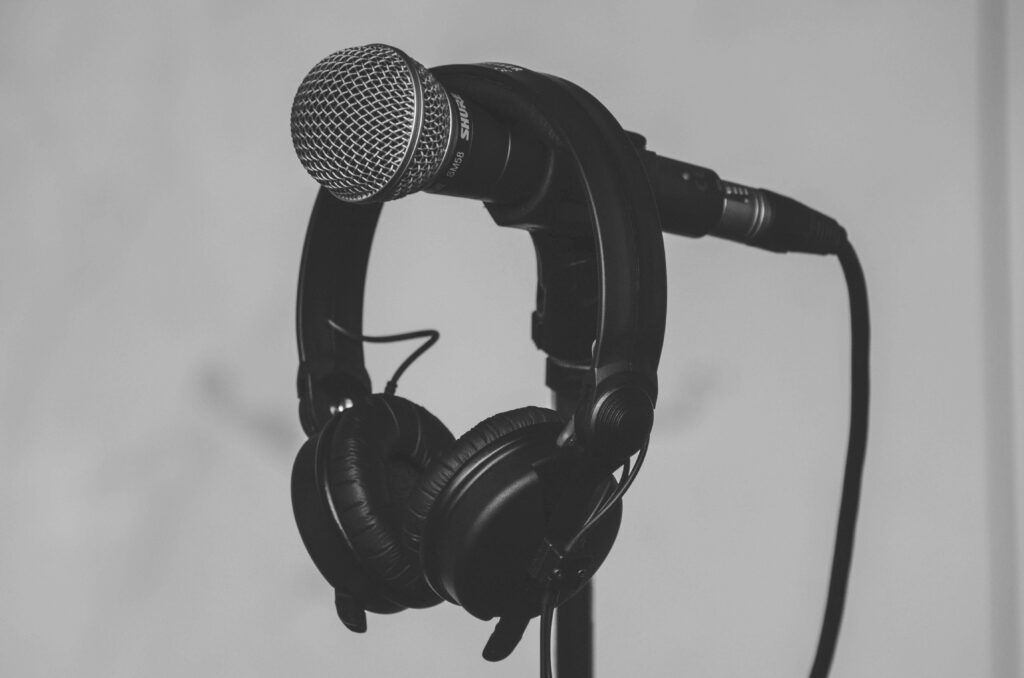Music has long been a source of inspiration for both creators and listeners. For singers and songwriters, music is not just a craft but a vehicle for expressing their deepest emotions, ideas, and experiences. The art of songwriting often intertwines personal journeys with universal themes, sparking creativity and resonance in both the artist and their audience.
In this blog post, we’ll explore how music and songwriting serve as tools for inspiration, creativity, and personal expression. We’ll also dive into how the process of creating music influences the mind and how this connection to creativity can enhance cognitive function and well-being.
How Singers and Songwriters Find Inspiration
- Personal Experiences
Many of the world’s greatest songs stem from personal experiences—love, loss, joy, and challenges. These emotions provide powerful material for songwriters, as they tap into raw human emotion that listeners can relate to. From Adele’s heartbreak anthems to Taylor Swift’s narratives of growth and self-reflection, songwriters often draw from real life to create music that resonates universally. - Observation of the World
Songwriters often find inspiration in the world around them. This can include social and political issues, nature, or even the human condition. Artists like Bob Dylan, who have used music as a platform for change, draw from observation to make profound statements about society, war, and justice. - Collaboration with Other Artists
Sometimes, the most powerful inspiration comes from collaborating with others. When musicians come together, they bring different perspectives and energies, creating a synergistic environment where creativity thrives. For example, The Beatles often credited their collaborative efforts with pushing their music in new, innovative directions. - Spontaneous Inspiration
Songwriters often speak of moments when a melody or lyric “just comes” to them. This form of spontaneous inspiration can happen during moments of calm or even while performing daily activities. For many musicians, these flashes of creativity are like tapping into an unconscious wellspring, where ideas flow freely and naturally.
The Cognitive Benefits of Musical Creativity
Music creation and songwriting are not only forms of artistic expression but also serve as powerful exercises for the brain. Research has shown that engaging in creative activities like songwriting stimulates multiple areas of the brain, enhancing cognitive function and well-being in various ways.
- Improved Problem-Solving Skills
Creating music involves a significant amount of problem-solving. From constructing melodies to fitting lyrics within a rhythm, songwriters must work through creative challenges. This process sharpens cognitive flexibility, enhancing one’s ability to think outside the box and come up with innovative solutions. - Enhanced Memory and Learning
Music creation and songwriting require the use of memory, particularly when recalling melodies, lyrics, and arrangements. This consistent use of memory strengthens neural connections, improving both short-term and long-term memory retention. Songwriters often speak of their ability to remember intricate song structures, which can also carry over into enhanced learning abilities. - Increased Focus and Concentration
Writing music demands intense focus, whether it’s perfecting a melody or refining lyrics. This deep concentration trains the brain to maintain attention over long periods, which can translate into better focus in other areas of life. - Emotional Resilience
Songwriting allows musicians to process their emotions in a constructive way. The act of turning feelings into music not only provides an emotional outlet but also builds resilience. This is why many artists consider songwriting therapeutic, helping them navigate difficult times while fostering personal growth.
How Songwriting Inspires Others
The influence of music reaches far beyond the artist. For listeners, a well-crafted song can inspire motivation, comfort, and understanding. Songs can articulate emotions or experiences that the listener may struggle to express themselves, creating a deep sense of connection.
- Music as a Motivational Tool
Inspirational music has the power to lift people up. Songs with uplifting lyrics, like Katy Perry’s “Firework” or Eminem’s “Lose Yourself,” have been used by many as motivational anthems to push through challenging times. The messages in these songs resonate with listeners, motivating them to take action or overcome personal struggles. - Music as a Form of Emotional Expression
For many, music offers an emotional release. Listening to songs that mirror one’s current emotional state, whether it’s happiness, sadness, or anger, can be incredibly therapeutic. Songwriters have the unique ability to capture emotions in a way that helps listeners process their own feelings. - Music and Social Connection
Music also serves as a powerful tool for connecting people. Whether it’s singing along at a concert or sharing a favorite song with friends, music creates a shared experience that fosters deeper social connections. The collaborative nature of music creation also speaks to the human need for connection and community.
How NTRY Can Support Creativity and Cognitive Function
For those engaged in creative pursuits like songwriting, maintaining cognitive sharpness and mental clarity is essential. This is where cognitive-enhancing supplements like NTRY can come in handy. The blend of natural ingredients in NTRY—such as Acetyl-L-Carnitine for improved memory and L-Theanine for focus—supports mental stamina, helping you stay sharp during creative processes.
Whether you’re a musician looking for inspiration or simply someone wanting to improve mental performance, NTRY can offer the cognitive boost you need to stay focused, energized, and in tune with your creative goals.
Conclusion
Music and songwriting have the power to inspire creativity, connect emotions, and enhance cognitive function. Whether you’re listening to your favorite songs or composing your own, music provides a powerful outlet for self-expression and mental clarity. By understanding how music influences the brain, both artists and listeners can use it as a tool for personal growth, emotional resilience, and improved cognitive performance. And with the right support, such as cognitive-enhancing supplements like NTRY, you can take your creative and cognitive abilities to new heights.



